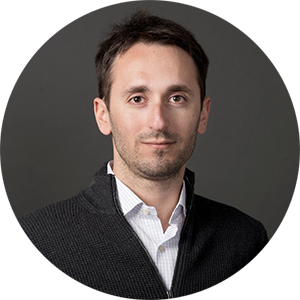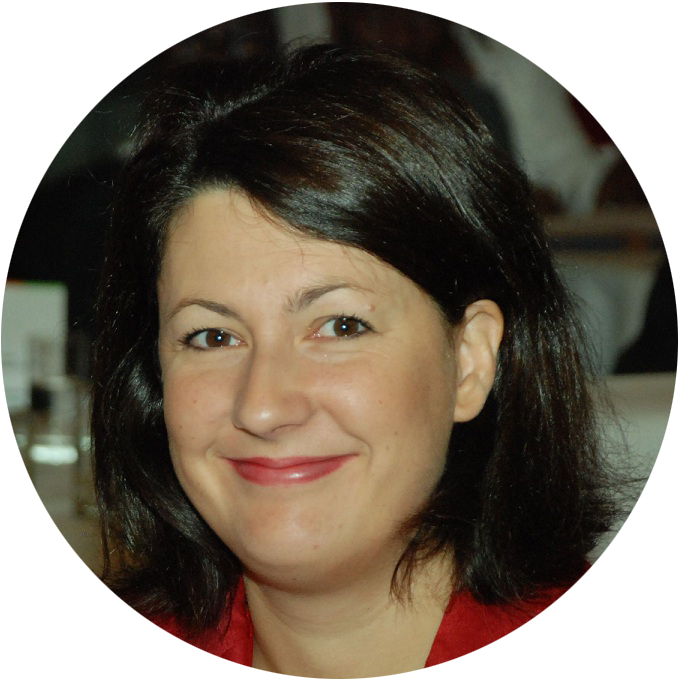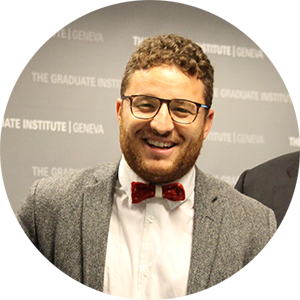Our programme will provide you with the analytical mindset, ethical reflections, leadership and communication skills indispensable to design and implement effective advocacy and lobbying campaigns in international public affairs. Our programme focuses on how to influence policy-making in competitive, multi-layered environments whether you work in the private or public sector, as a diplomat or policy-maker representing a government or public authority, in International Organisations or for NGOs.
Objectives
- Influence multiple stakeholders to achieve a cause, realise a project, transform policies, or obtain funding
- Acquire the best communication skills to advocate or lobby in persuasive and efficient ways when you need to mobilise resources, fundraise or if you are in charge of public and/or external relations
- Develop analytical and practical tools to plan and implement campaigns in global, regional, national or local environments with tangible results
- Meet advocacy practitioners, policy-makers and experts in public affairs from diverse sectors to expand your network on your professional path
- Get a degree from a renowned institution specialised in international affairs, to get an adequate comparative advantage for a promotion, next position and/or recognition
Who is this programme for?
This programme is particularly relevant for mid to senior-level practitioners from private, public, diplomacy, international organisations and NGOs working or aspiring to work in the fields of:
- Advocacy and public affairs
- Communication
- Fundraising and resource mobilisation
- Campaigning
- Government relations
Related SDGs

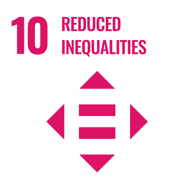
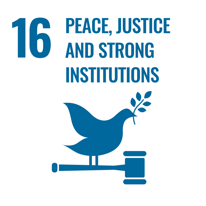
Module 1
Context, Actors and Strategies - Certificate & Diploma - Live virtual classroom
- Discover the web of actors involved at global, regional and national levels
- Develop a unique strategic framework to design successful campaigns
- Through case studies and group work, sharpen your analytical and strategic-thinking skills
Module 2
Tactics, Tools and Outcomes Measurement - Certificate & Diploma - In person
- Master up-to-date tools and tactics to execute and measure successful campaigns
- Create and present a concrete advocacy campaign in groups at the end of the module
- Discover fundraising and philanthropy techniques
Module 3
Multilateralism in a new international order - Diploma - E-learning
- Emerging risks, threats and technologies
- System thinking for global issues
- Global governance and regionalism
- Anticipation in international relations
Module 4
Topic of your choice - Diploma - In person
- Diplomacy in a changing world
Gain a solid understanding of the changing diplomatic and policy spheres to become a key player on the international stage
- Policy-making amidst transformation
Develop an agile, creative and forward-looking mindset to shape contingency-proof policy responses
- Negotiations and new contexts
Experiment with innovative tools to sharpen your negotiation and mediation skills in complex situations
- Selection is primarily based on the candidate's professional experience and motivation
- A bachelor's degree is required, or a degree/diploma deemed to be equivalent (no particular discipline required)
- A minimum of five years of full-time work for the Executive Certificate and eight years for the Executive Diploma is highly recommended. Participants typically range between 30 and 50 years of age
- Proficiency in English is required
Executive Certificate in Advocacy and International Public Affairs
Certificate of Advanced Studies (15 ECTS)
Requires successful completion of Modules 1 & 2 assessments and final paper
Executive Diploma in Advocacy and International Public Affairs
Diploma of Advanced Studies (30 ECTS)
Requires successful completion of Modules 1,2,3 & 4 assessments and final paper
This programme counts towards the Executive Master in International Relations.
- Start the application process by clicking on the red "Apply now" button (available when applications are open)
- Provide a copy of your certifications and diplomas
- The admissions committee will then evaluate your application and come back to you in the following two weeks
To complete the programme, participants are expected to:
- Attend a minimum of 80% of the sessions - participants can miss a maximum of 3 days of classes for the Executive Certificate, five days for the Executive Diploma
- Complete each module's assessment - evaluations consist of a paper for Module 1 (take-home assessment) and an in-class group presentation of an advocacy campaign for Module 2
- Submit a final assessment related to the Module 2 advocacy campaign (take-home assessment)
For any questions related to payment, financial assistance, changes in programmes, prices, and conditions of withdrawal, please visit our Terms & Conditions page
The programme offers a mix of face-to-face, online and e-learning modules:
- Module 1 is delivered in a live virtual classroom
- Modules 2 and 4 are face-to-face in Geneva
- Module 3 is a seven-week e-learning session (asynchronous)
Classes start at 9 am and finish at 5:45 pm (adjustments are possible). Days are a bit shorter during the live virtual classroom to adapt to the online format.
Speakers
-
Expert practitioners advising global companies and international organisations
-
Academic thought-leaders exploring pressing global issues
-
Case studies and guest speakers change yearly according to the most recent developments. A high number of senior executives were welcomed over the years from all organisations, including Leidar, WEF, Bloomberg, IUCN, GAVI, WHO, EACD, European Centre for Public Affairs, DNDi, EPFL, International Crisis Group, UNI Global Union, Interpeace, IFPMA, FoodDrink Europe, the European Commission, Apprentis d'Auteuil, Accenture, Syngenta, Acumen Public Affairs, the European Parliament, Swiss Permanent Mission to the EU, Airlines for Europe, 7-Eleven, MSF, UNIL, FIFDH, International AIDS Society, EBU
Upcoming events
Subscribe to our newsletter
By completing this form, you agree that the Institute may store and use your e-mail address to send you the newsletters you have chosen. To learn more.





